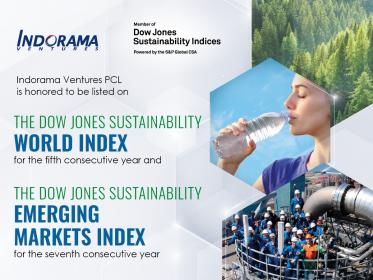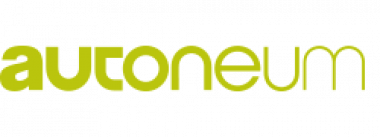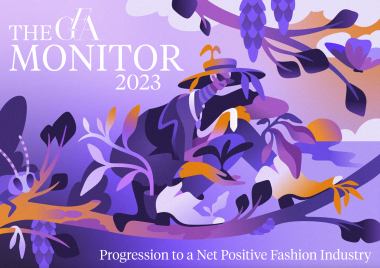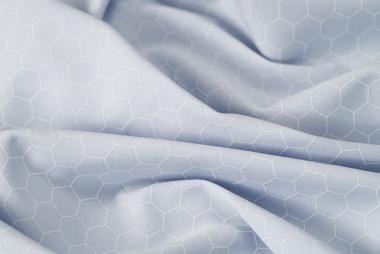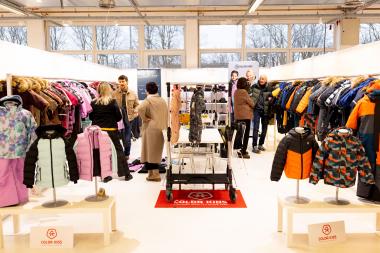Dibella without sales manager Frank Neumann in future
The long-time sales manager is leaving the company at the end of this year. Frank Neumann joined Dibella in 1999 as a sales representative in the field service and was most recently responsible as sales manager for the areas of northern Germany and Berlin, as well as for exports, particularly for Scandinavia and Eastern Europe. He played a leading role in developing cruise companies as a new customer base for Dibella.
In addition, he was one of the co-founders of MaxTex, an international association that aims to ensure sustainable trade along the entire value chain, together with the then Dibella Managing Director Ralf Hellmann.
As an authorised signatory and member of the management board, Frank Neumann made a significant contribution to the company's success. "With Frank Neumann, we are saying goodbye to a valued colleague and proven expert. We would like to thank Mr Neumann for his extraordinary commitment to Dibella and wish him all the best for the future," says Stefan Tenbusch, Managing Director at Dibella.






